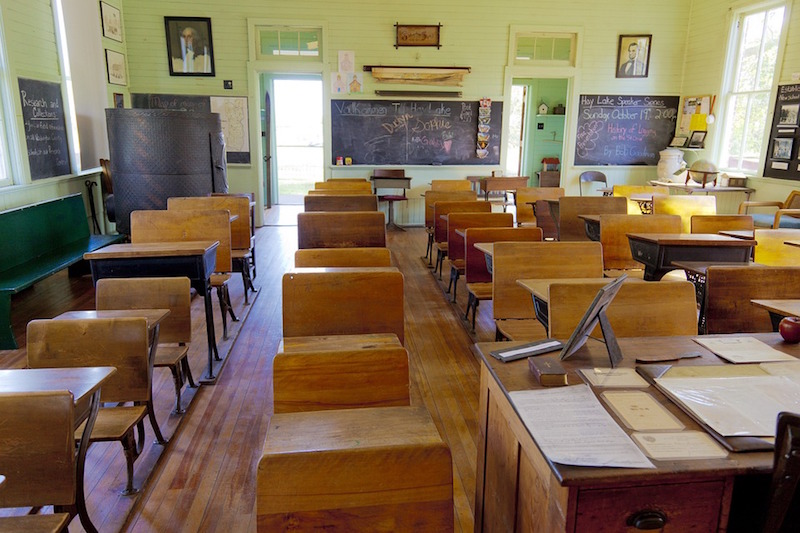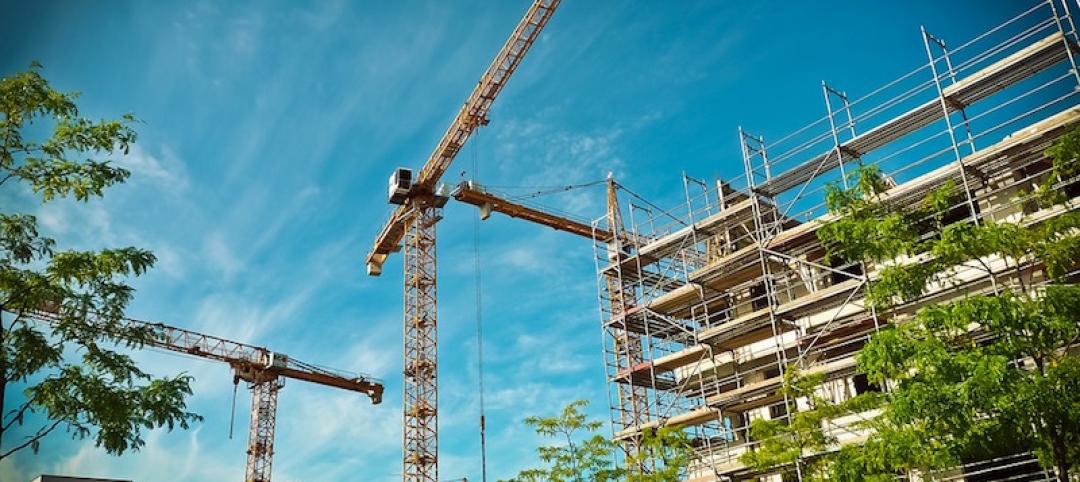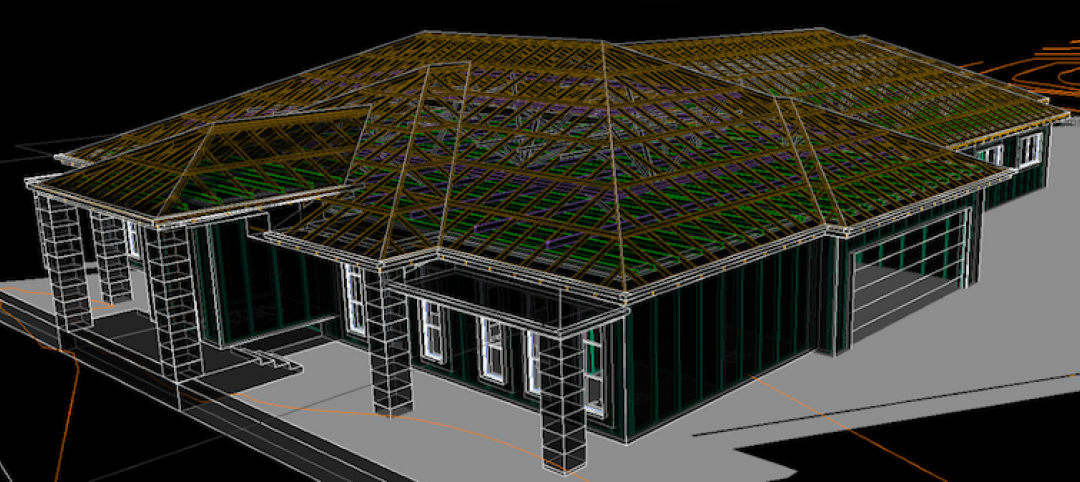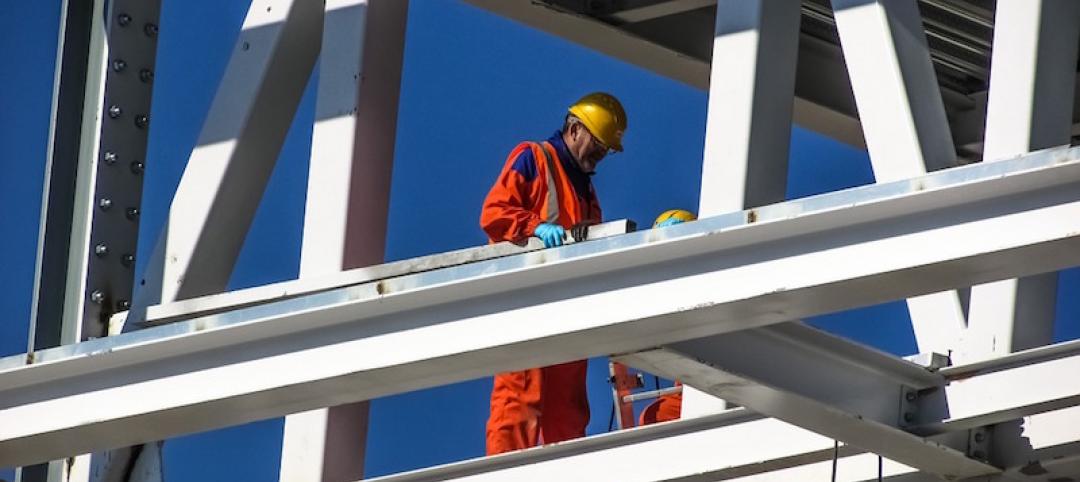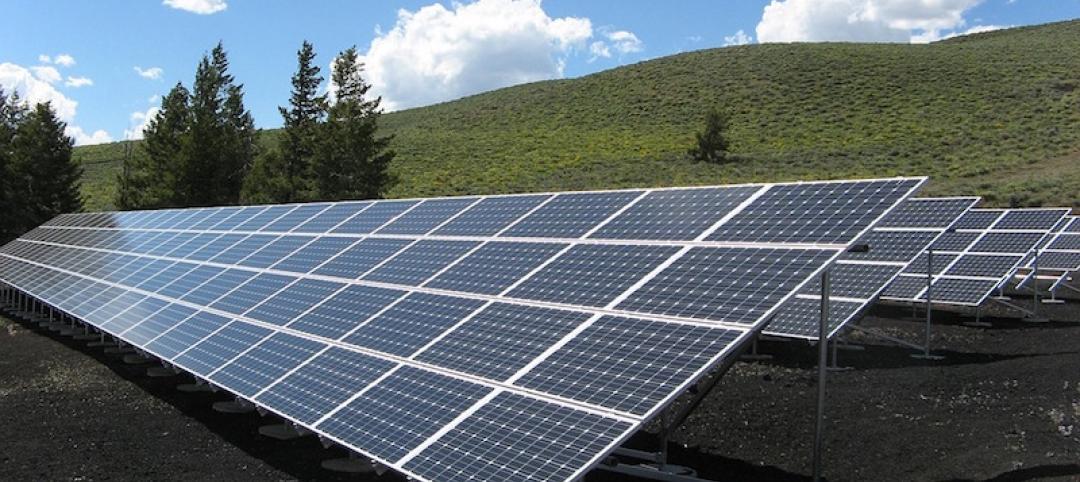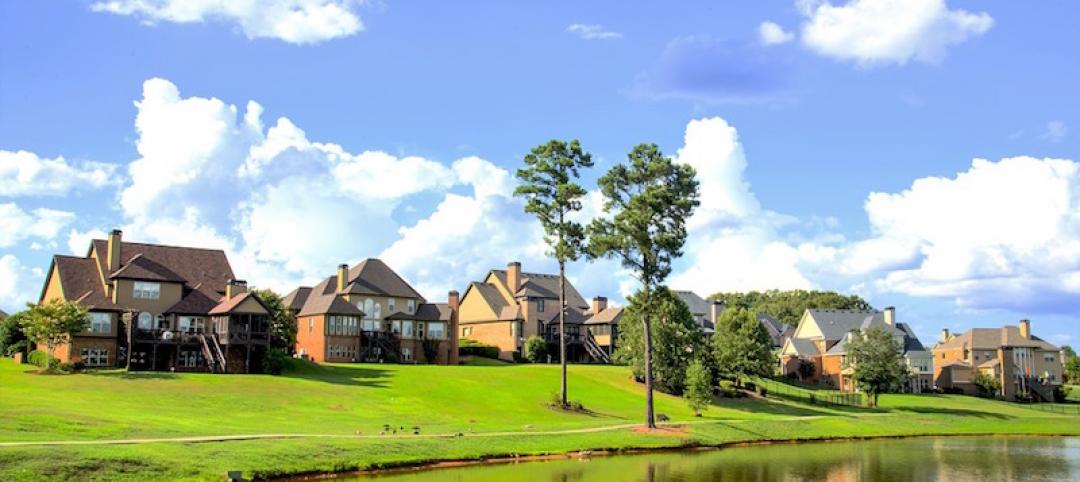The U.S. Department of Energy recently launched the zero energy schools accelerator, an effort to develop cost-competitive zero energy school design.
Six school districts, two states, and several national organizations are working collaboratively on the effort. DOE defines a zero energy building as “an energy-efficient building, where on a source energy basis, the actual delivered energy is less than or equal to the onsite renewable exported energy.”
The program’s goal is to quickly make Zero Energy K-12 schools more mainstream. Participating school districts commit to developing their own zero energy plans for a district project within a year. They can also engage with fellow states and school districts, and gain support from regional and national organizations.
Officials kicked off the program at a school in Arlington, Va., that features advanced next generation energy efficiency and renewable power features, including solar rooftop and geothermal heating and cooling systems. Zero Energy schools have the potential to save 65%-to-80% in energy consumption, depending on climate the zone, DoE says.
Related Stories
Codes and Standards | Jan 16, 2017
Building codes for existing buildings evaluated in new white paper
The paper examines implementation, enforcement challenges, and changes needed in new code editions.
Codes and Standards | Jan 13, 2017
New BIM guide for owners released
National Institute of Building Sciences releases a manual for developing standard set of BIM documents.
Codes and Standards | Jan 11, 2017
OSHA prompts more proactive approach to construction site safety
Remote operated camera systems are being used to mitigate risk in real time.
Codes and Standards | Jan 10, 2017
Plunging solar power costs making PVs more compelling for owners, developers
Technical and manufacturing advances are driving down prices.
Codes and Standards | Jan 9, 2017
Boston’s plans for new development at odds with flood projections
One plan calls for building in areas predicted to be flooded during high tides as sea levels rise.
Codes and Standards | Jan 9, 2017
New LEED for Cities, LEED for Communities pilot certifications unveiled
Requires tracking of performance data and progress toward goals.
Codes and Standards | Jan 9, 2017
China claims top ranking outside of U.S. for total LEED-certified space
Canada, India, Brazil, and Korea round out top 5.
Codes and Standards | Jan 6, 2017
OSHA prompts more proactive approach to construction site safety
Remote operated camera systems are being used to mitigate risk in real time.
Codes and Standards | Jan 5, 2017
2018 building energy code upholds efficiency gains
Efforts to scale back efficiency requirements largely defeated.
Codes and Standards | Jan 4, 2017
Low-income housing doesn’t lower neighborhood housing values
A Trulia study contradicts longstanding fears.


